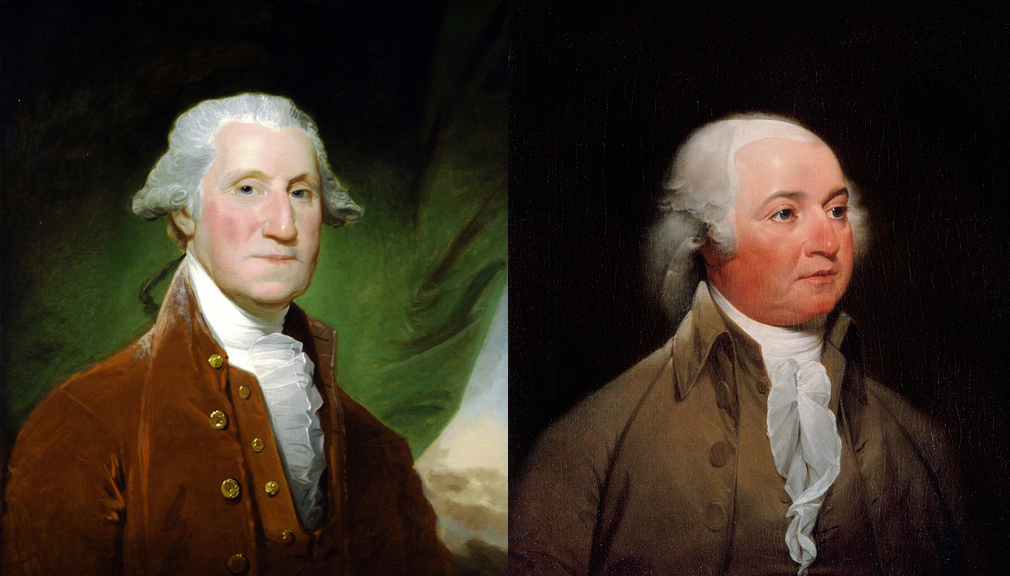Book review: The War Before Independence: 1775-1776 by Derek W. Beck (Sourcebooks, May 2016)
The War Before Independence: 1775-1776 is the second volume in Derek Beck’s history of the Revolution following Igniting the Revolution: 1773-1775. Covering the period shortly before Bunker Hill and concluding with the British evacuation of Boston in March of 1776, a period of less than one year, Beck focuses heavily on events such as Bunker Hill, Washington’s assumption of command, and the ill-fated campaign to conquer Canada. The Declaration, Battle for New York and other key events of 1776 remain just outside its purview.
With just over 320 pages of text focused on less than a single year, then, one can imagine the level of granularity Beck sometimes achieves, especially as regards military events. Although political events are not entirely ignored, they are secondary to the actions of the military men of all ranks. Readers who enjoy immensely detailed combat narratives will therefore especially enjoy this work (the Battle of Bunker Hill alone absorbs nearly 100 pages).
While other readers may find this focus occasionally tedious, it allows Beck to explore numerous events that other books must necessarily largely or completely overlook, such as the Battles of Chelsea Creek or Machias, the war’s first naval encounter. Beck’s readers also learn more about lesser known commanders, such as Artemus Ward and Israel Putnam, who generally merit brief mention in works of broader scope but quickly recede into the background when Washington appears on the scene.
Another strength of Beck’s narrative is his determination to give equal weight to the British and Patriot causes. In fact, he explicitly declines to use the term “Patriots” to refer to the rebellious colonists, deeming it too value laden. This can create some confusion when he intermixes alternatives such as “Yankees” or “provincials” in its place.
Overall, the author’s determination to tell the stories of those on both sides is a strength. For instance, his discussion of how events shaped the British public’s view, which in turn could pressure political elites (including some of the British generals who also served in Parliament), deepens our appreciation of how the British made decisions militarily and politically and the constraints they were under.
Beck’s insights into British military thinking are also illuminating. He helps us understand the British strategy at Bunker Hill that would ultimately prove so costly as both an intelligence failure, but more importantly, as the result of a mindset that had not quite accepted that the Patriots were capable of “real” fighting (as opposed to “Indian style” combat). Combined with Thomas Gage’s lingering humiliation of being boxed into Boston, this led to a desire to teach the Patriots a lesson with an overwhelming assault, rejecting the subtler, more tactically astute battle plan urged by Henry Clinton, which relied more heavily on maneuver. Coupled with an overestimation of their own troops’ discipline, this stratagem would ultimately lead to a British “victory” that traumatized the British and General Howe.[1]
Beck’s analytical strengths are also on show when he explains concepts like “localism,” the belief that men only had to obey officers from their own colony and of their own choosing. This was one Republican element of warfare that would have to be discarded, and Beck’s account clarifies how it hampered Patriot forces at Bunker Hill. The creation of the “Continental Army” under Washington would be the antidote, but it would take time for soldiers to think of themselves under this new command structure. His discussion of the dichotomy between common, musket bearing infantrymen and riflemen is also an interesting digression of the type often omitted from broader-scoped narrative histories. Finally, Beck notes the contradiction of an army, which is inherently class based insomuch as it relies on rank, fighting a Revolution that presumed the equality of mankind.
When discussing the often ignored American-Canadian aspect of the conflict, Beck provides a nice background to help his reader comprehend the ambiguities of the Americans’ views. To them, Canadians were possible comrades in arms but also potential foreign threats given their French provenance and British-protected Catholicism, something the Americans perceived as being within the ambit of the infamous “Coercive Acts.” As Beck explains, America’s moves into Canada were the first unambiguously American offensive operations of the conflict.
Less successful are Beck’s efforts to add some occasional color to his narrative by surmising unimportant details. “Perhaps” General Putnam wore a certain uniform. “Perhaps” a certain tool was used to dig a redoubt. “Perhaps” Colonel Prescott was on reconnaissance when a ship’s watch called out “all’s well.” With a “sigh perhaps” Washington mounted his horse. After a while, the reader begins to notice the overuse of this tool.
But The War Before Independence’s chief weakness results from its apparent origins as the second part of a single manuscript that originally covered the Revolution during the period from 1773-1776. It reads as if it was still part of the larger manuscript rather than a separate volume that could be read alone. As a result, The War Before Independence begins abruptly without providing the reader with the backdrop for the events covered in the book. Concepts often appear as if previously discussed, such as British Gen. Thomas Gage’s “stifled but still functional spy network.” Readers may be confused by Beck’s reference to Lexington and Concord as the “Battle of the Nineteenth of April.” Ward, Putnam, Joseph Warren, and Benjamin Church all appear without any background. This especially important in Church’s case given his own espionage.
While there are many books dealing with the events covered in Beck’s latest work, particularly Bunker Hill,[2] those seeking a detailed military history of the early period of the Revolution will enjoy Igniting the Revolution. It is best read, however, in sequence with Igniting the Revolution: 1773-1775 rather than on its own.
[1] Although Beck does not say so, the Battle of New York laying outside the book’s narrative scope, it makes the reader wonder whether memories of Bunker Hill played a role in Howe’s failure to pursue Washington as hard as he might have, missing what was perhaps one of Britain’s most clear shots at ending the rebellion.
[2] See, e.g., Nathaniel Philbrik’s Bunker Hill: A City, A Siege, A Revolution (Viking, 2013), Paul Lockhart, The Whites of Their Eyes: Bunker Hill, the First American Army, and the Emergence of George Washington (Harper Collins, 2011) and Ralph Kethcham, Decisive Day: The Battle for Bunker Hill (Doubleday, 1974) for other accounts.









2 Comments
I saw this in the bookstore yesterday and passed (for now at least), primarily because it seems to concentrate on New England. Yet it would be interesting to know if Mr. Beck intends to continue this series through to 1781, or 1783.
Will, that’s where most of the action was right after Concord and until the British left Boston. But Beck does a very nice job on Quebec and other aspects of the Canadian Campaign, Ticonderoga, etc. The focus is on the fighting, and those places are where it occurred. It’s nice to read about generals other than Washington – Ward, Putnam and Montgomery are the main commanders for most of this book.